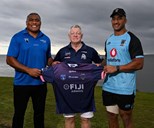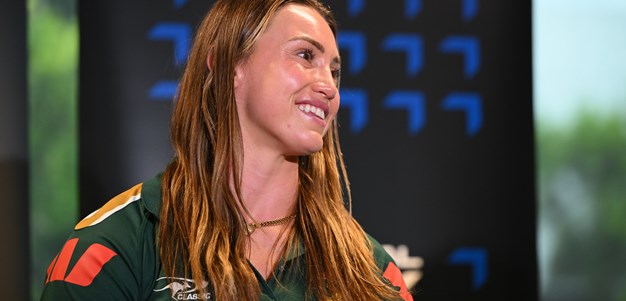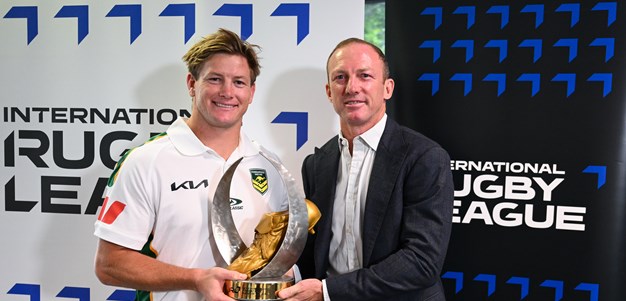Petero Civoniceva may have retired officially from rugby league in 2014 following his 'homecoming' to the Redcliffe Dolphins, but you can’t keep one of the sport’s greats away from the game.
You will still see the powerhouse prop donning the boots occasionally for various charity matches, but it’s now in the boardroom rather than the playing field where the former Australia, Queensland, Broncos, Panthers and Fiji Bati star is making his presence felt.
Civoniceva was born in Suva and as the chair of the Kaiviti Silktails, he is hoping to provide more pathways and opportunities to young Fijian players to follow in his footsteps.
“In 2013, I was fortunate enough to be picked for the Fiji Bati, and I was the captain of that side, and we had quite a number of local players in that squad, and they spoke about the challenges of trying to get opportunities abroad," Civoniceva told NRL.com as part of Hostplus' 'Where Are They Now' series.
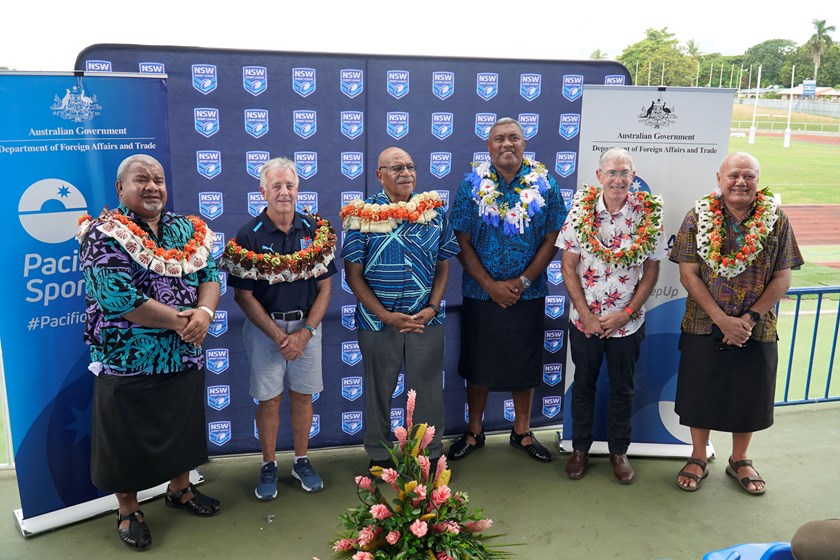
“We saw the emergence of the PNG Hunters when they came into the QRL competition and that was the motivation, that was the inspiration really to set up what we have now in Fiji.
“So I started the Kaiviti Silktails Rugby League Football Club.
“We started back in 2020, entirely of local players, and we gained entry into the 2020 Ron Massey competition in the New South Wales Rugby League.
“From that, we are now currently in the Jersey Flegg competition and we're really looking forward to a big 2025 season ahead.”
Civoniceva balances his role with the Silktails with his fulltime work with Indigenous preventative health and wellbeing program Deadly Choices, traveling the country as an ambassador.
His role sees him working predominantly alongside rugby league clubs and with his standing in the game, he is called on to engage with community members to help make health life choices.
“Currently, I'm an ambassador with the Deadly Choices program, it's a fantastic program, been there the last five years,” Civoniceva said.
“It's a role that works in communities across Queensland and obviously as a lot of people know, Deadly Choices is now pretty much countrywide.
“We've got some programs in New South Wales as well too, so I travel extensively through the state, metropolitan areas, regionally and promoting the program, so it's a lot of fun.
“It's all around inspiring Aboriginal and Torres Strait Islander community members to get their 715 health check, to make healthy choices when it comes to diet, exercise, quitting smoking, things like that.
Petero Civoniceva inducted into the Hall of Fame
“It's been amazing to see the program evolve and it's seen as one of the most highly recognisable community programs when it comes to Indigenous health across the country.”
While Civoniceva’s transition from his playing days happened in varied stages, retiring from the NRL in 2012 before returning to the club where he made his big break as a promising junior with Redcliffe to play out a season in Queensland’s Hostplus Cup, the premiership winner with the Broncos said it was important for players to plan ahead for their retirement.
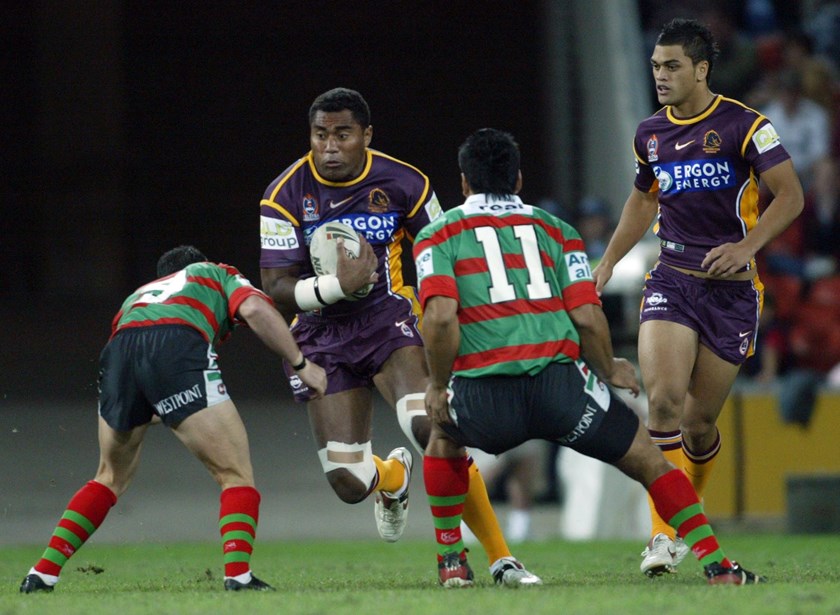
“(I looked at retirement) as a new challenge, I think when you play a game, it's very much goals orientated and that was pretty much it, shifting goals and applying to a new life outside the game,” Civoniceva said.
“Having a good support network of friends and family around you to help you and guide you through the next stage of life, it certainly has helped a lot.
“It is important to make plans for the next stage of your life while you're still playing rugby league and hats off to the NRL and seeing how that whole part of the game has evolved, the amount of support and education.
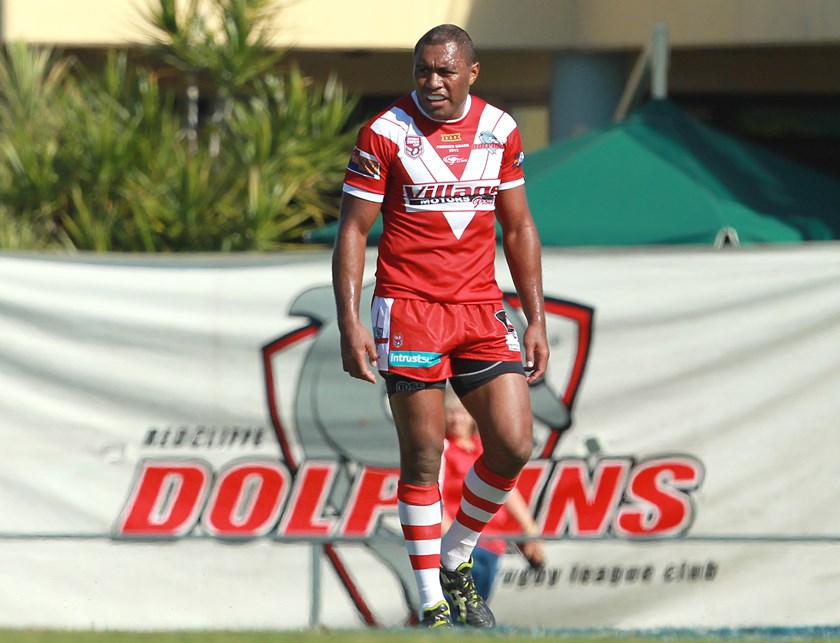
“The wellbeing officers at each of the NRL teams now certainly helps the players in being able to plan for their futures and I think it's really exciting and it's really good to see the players and the work that they're doing off the field in terms of the education, community engagement.
“It definitely helps create a well-rounded young person and that will lead into being a well-adjusted retired footballer when it comes time to hang the boots up.
“My advice to players is to be open-minded (about) any of those things that you'd love to achieve away from the game.
“We're very fortunate now that within the game there's a lot of support networks out there to help you find what that pathway is and I think that the journey around learning never stops.
“While you're playing, all those things add to you being the best footballer you can be because you become a well-rounded person and the links that you make outside the game are really key and important to your success after footy.”
